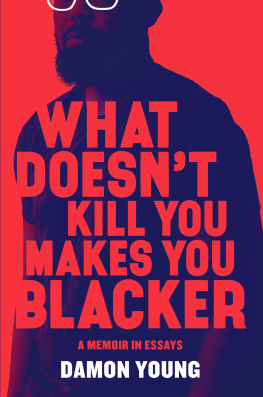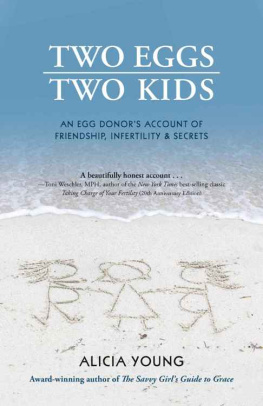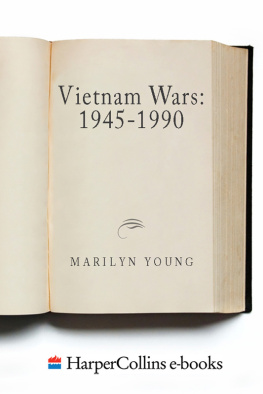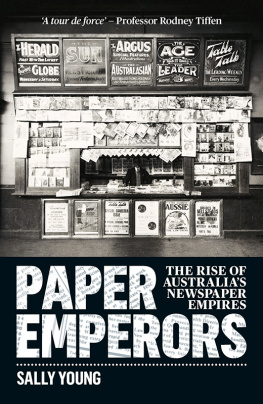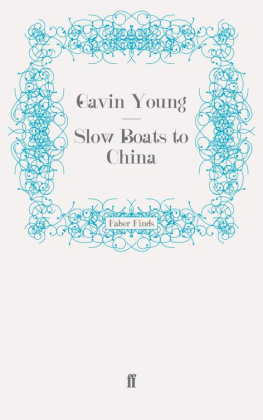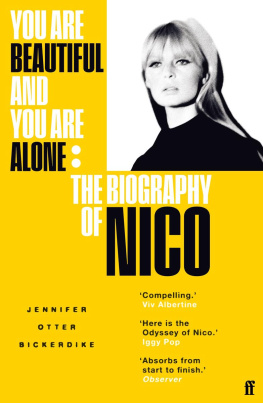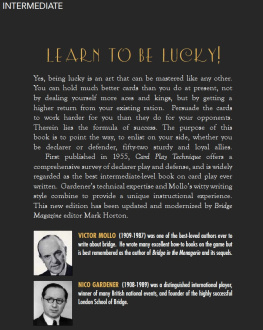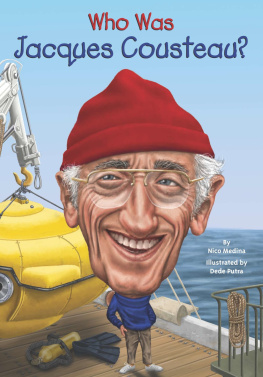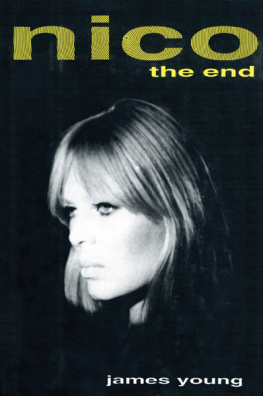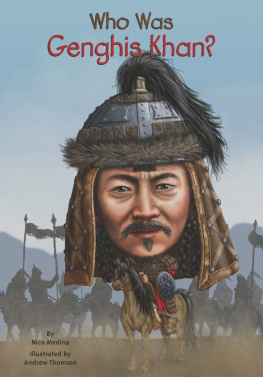TO LA PALOMA

Copyright 1992 by James Young
First published in Great Britain in 1992 by Bloomsbury Publishing Plc
50 Bedford Square, London WC1B 3DP
www.bloomsbury.com
This electronic edition published in 2013 by Bloomsbury Publishing Plc
Bloomsbury Publishing, London, New Delhi, New York and Sydney
The moral right of the author has been asserted
All rights reserved
You may not copy, distribute, transmit, reproduce or otherwise make available this publication (or any part of it) in any form, or by any means (including without limitation electronic, digital, optical, mechanical, photocopying, printing, recording or otherwise), without the prior written permission of the publisher. Any person who does any unauthorised act in relation to this publication may be liable to criminal prosecution and civil claims for damages.
Extracts from this book first appeared in the Guardian
The moral right of the author has been asserted
LYRICS CREDITS
Janitor of Lunacy: Lyrics reprinted with permission of Warlock Music Limited, and specifically excluded from any blanket photocopying arrangements. Physical: ATV Music Limited. All rights controlled and administered by MCA Music Limited, under license from ATV Music Limited. New York, New York: Words by Fred Ebb; music by John Kander; 1977 EMI Catalogue Partnership/EMI Unart Catalog Inc., USA. EMI United Partnership Limited, London WC2H OEA/International Music Publications. The End; Published by Doors Music Co., USA. Reproduced by kind permission by Rondor Music (London) Limited.
My Funny Valentine; Words by Lorenz Hart; music by Richard Rodgers; 1937 Chappell & Co. Inc., New York. Warner Chappell Music Limited, London W1Y 3FA/International Music Publications.
Suspicious Minds; Words by Mark James; 1968 Screen Gems-EMI Music Inc., USA. Reproduced by permission of Screen Gems-EMI Music Limited, London WC2H 0EA.
Rockin All Over The World; Words and music by John Fogerty; 1976 Wenaha Music Co., USA. Warner Chappell Music Limited, London W1Y 3EA/lnternational Music Publications.
A CIP catalogue record for this book is available from the British Library
eISBN 978-1-4088-4507-3
Visit www.bloomsbury.com to find out more about our authors and their books.
You will find extracts, author interviews and author events, and you can sign up for newsletters to be the first to hear about our latest releases and special offers
Contents
Nico
The Grnewald-Forst cemetery is situated on the outskirts of Berlin, by the Wannsee Lake. In twentieth-century consciousness Berlin has been synonymous with a kind of claustrophobic angst, a landlocked Madagascar of bizarre hybrids. So its strange that Nico should be buried in a pretty, almost rural setting, within the perimeters of a city renowned for its monsters, but one for which she no longer felt much affinity.
Like many of her generation, born shortly before or during the war, she felt, at best, an unease towards her country and its guilty past. She no longer saw herself as specifically German. She spoke in English. She dreamt in English. She sang, mostly, in English. And although it saddened her to see the country divided geographically and politically, she never liked to stay there very long. Now shes a permanent resident.
From the start, Nico seemed destined for a life of strange tensions and weird scenes. Her father came from a rich background, her mother from a humble one. Needless to say, his family deemed it an unsuitable match. Nico was born Christa Paffgen in Cologne on October 16,1938. Her father insisted on her being brought up a Catholic, with all the attendant mysteries and miseries.
When the war began, Nicos father was conscripted. He was apparently a poor soldier, unable to respond with convincing obedience to the military and ideological discipline of the Third Reich. In 1943 Nicos mother received a letter informing her that hed been wounded in the head and had been taken to a military hospital. His injury resulted in brain damage, and he had become subject to bouts of insanity. The Nazi authorities had one simple, expedient solution for the treatment of the mentally ill extermination.
Nico and her mother then moved to Berlin to stay with her aunt, but the Allied bombing was so intense they sought refuge with Nicos grandfather, a railway man, in Lubbenau about ninety kilometres east of Berlin. There Nico would play with her cousin in the local graveyard and watch the trains (those trains?) go by. At night she could see the burning red sky of Berlin in the distance.
After the war they returned to the city, her mother making her living as a tailor, dressing her daughter as finely as she could. She was a beautiful child and her mother was anxious that she should always look her best. Nico disdained the rigours of conventional German education, and at the age of fifteen, with the encouragement of Ostergaard, a Berlin couturier, she left school to become a professional model. Initially her mother was reluctant to allow it, but Ostergaard managed to persuade the doubtful parent, and by the age of seventeen Nico had become the best model in Berlin. Then, inevitably, she went to Paris, where she worked for, among others, Coco Chanel, who took a personal interest in her androgynous protege.
To further her career, and to escape Chanels attentions, she went to New York to work for Eileen Ford. There, energised by the city and liberal amounts of amphetamine (They used to give it us so wed stay thin), she earned $100 a day, enough to buy the house in Ibiza that became her European base for the next decade. It was in Ibiza that she became Nico taking the name from a photographer friend in memory of his ex-boyfriend.
Nico moved from scene to scene. In Rome she became involved with the Cinecitt set and found herself conscripted into Fellinis La Dolce Vita. It was a walk-on part that became extended into a definite role, due to the directors fascination with her phantom-like presence on the set. Not much real acting ability was demanded of her, more the skills of the catwalk. Fellini, though, was keen to develop her and use her for more pictures, but he became irritated by her habitual laziness. When she failed, after repeated warnings, to make an early morning camera-call, he fired her.
She pursued the idea of becoming an actress a while longer, taking part in Lee Strasbergs Method classes in New York. Later she would claim that she had been in the same class as Marilyn Monroe.
Then came the music scene. Initially it involved a lot of hanging out. She took lessons in narcissism from Brian Jones of the Rolling Stones. He loved those Germanic blondes (though her hair was bleached and her blood mixed). Arm-in-arm they would pose for the adoring crowds at the Monterey Pop Festival or float regally down the Kings Road, King and Queen of the carnival. At this time she cut her first record, a Gordon Lightfoot song called Im Not Saying, instantly forgettable, and also had her first meeting with her future mentor Andy Warhol. He had just dropped in on Swinging London en route to New York after a holiday in North Africa sampling the tight delights of Moroccan youth.
In 1965 she did a spell as a cocktail singer at the Blue Angel Lounge on East 55th Street and soon found herself in the company of Bob Dylan. At that time the scene was divided between the Dylan camp straight and the Warhol camp camp. Nicos temperament was more suited to Dylans circle, she loved the man and his work, but Dylans romantic attention was engaged elsewhere and there would be no real place for her except as an acolyte.
Next page


